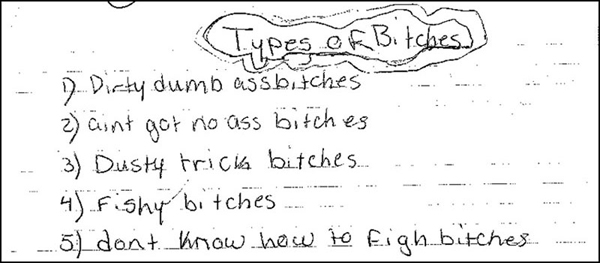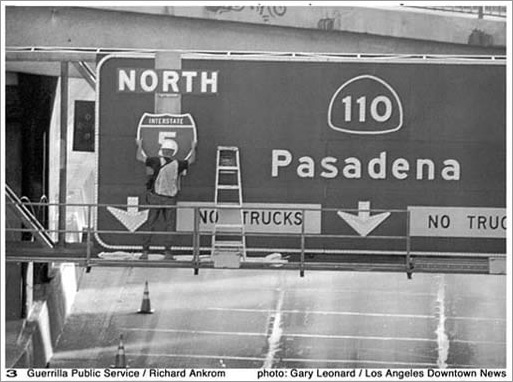 NYTimes.com has a pretty touching article this morning about linguistic research in New York City.
NYTimes.com has a pretty touching article this morning about linguistic research in New York City.Many small immigrant groups there are the largest speech communities remaining for their rare languages. Linguists are combing these enclaves and recording the speech of some of the last surviving users of dozens of languages.
It was an interesting thought experiment for me to wonder what it would be like to be the last speaker of a language. What would that language mean to you? How would you teach it to your kids, and why?
And from the linguists' viewpoint, there's obviously value in saving a record of the diversity of these languages, especially if globalization really is the threat that some imagine. But there's much more to a language than what technology allows us to capture. One of the researchers puts it well:
“It’s hard to use a word like preserve with a language,” said Robert Holman, who teaches at Columbia and New York University ... “It’s not like putting jelly in a jar. A language is used. Language is consciousness. Everybody wants to speak English, but those lullabies that allow you to go to sleep at night and dream — that’s what we’re talking about.”





